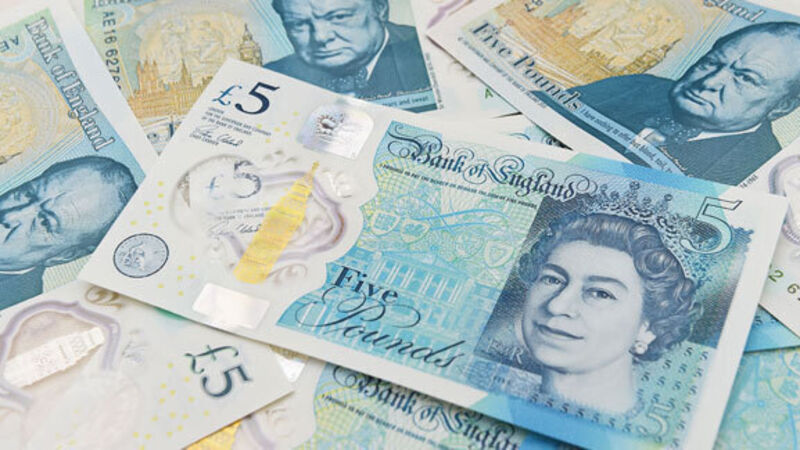UK to keep animal fat bank notes

The central bank reviewed the make-up of its new plastic notes after thousands of people signed a petition calling on it to end the use of animal-derived products.
But in its latest statement, it said that palm oil was the only alternative to tallow, but that this would cost £16.5m (€18.25m) over 10 years and the Treasury said this wasn’t value for money for taxpayers.
















